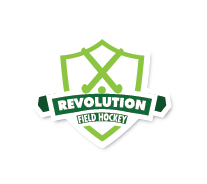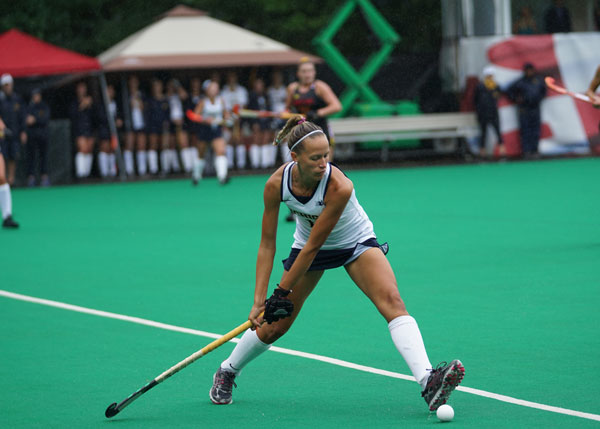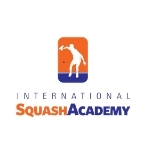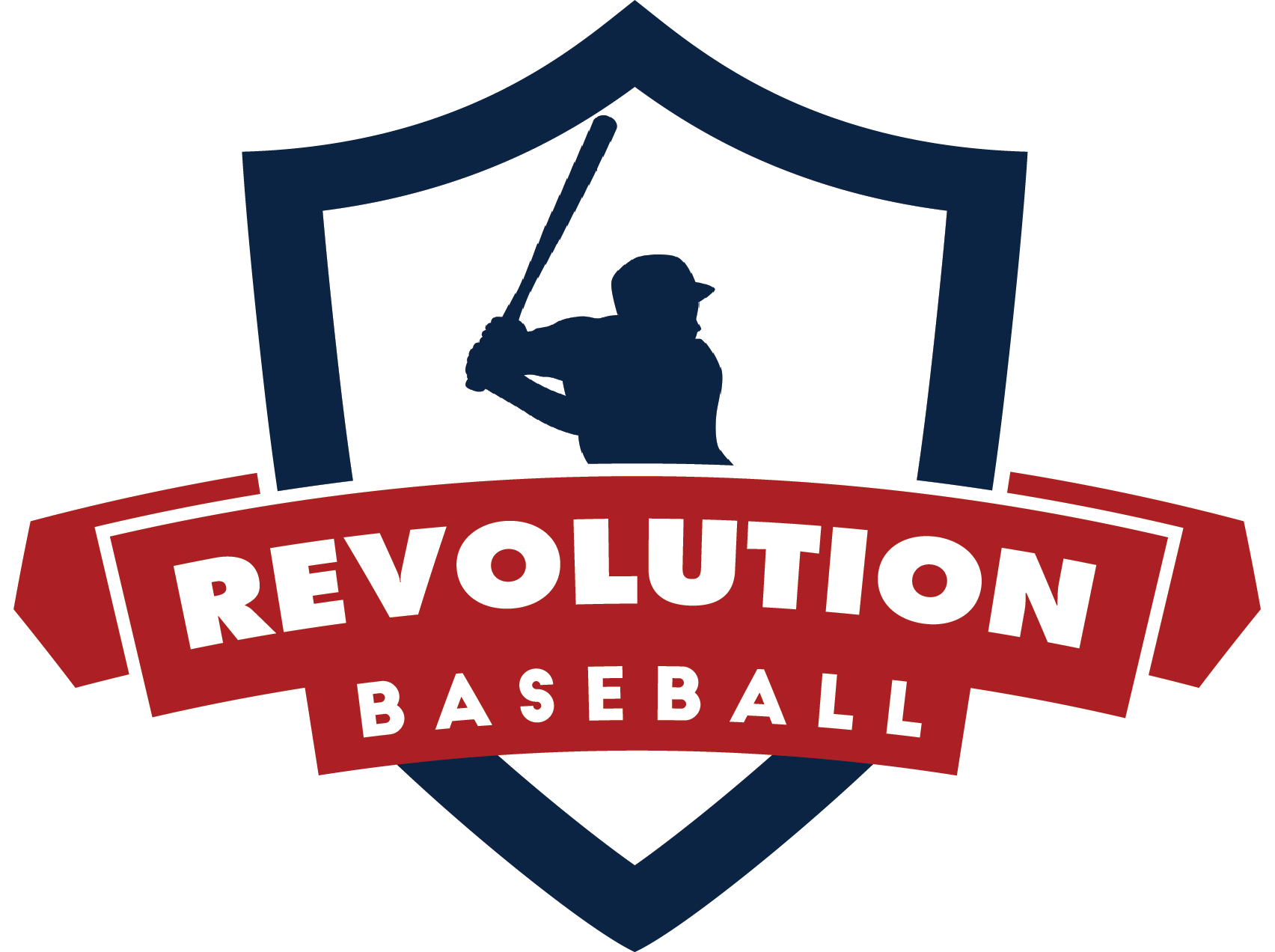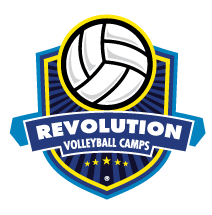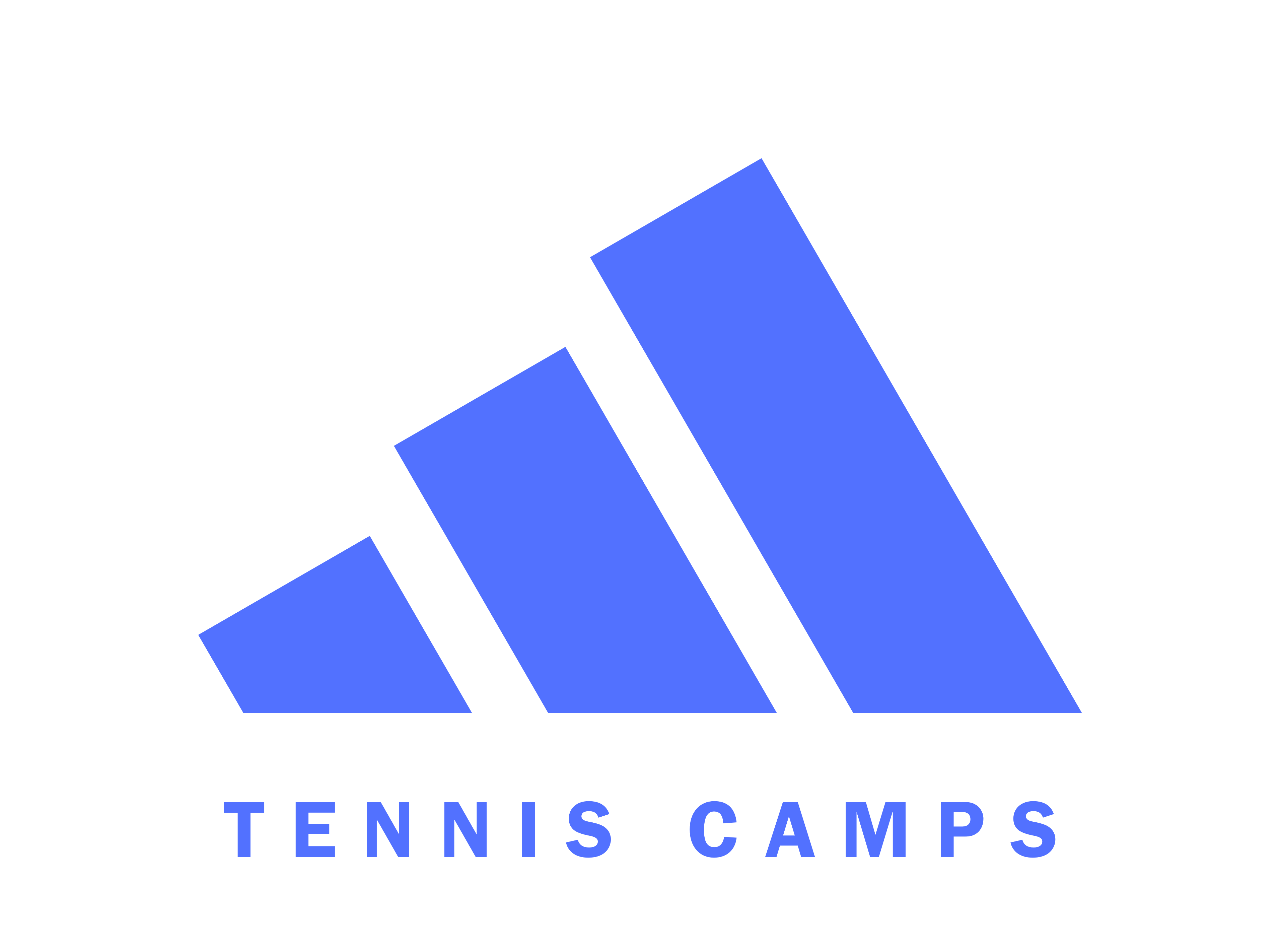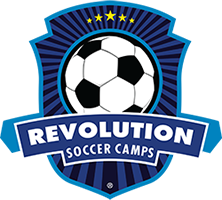Our Top 5 Training Exercises to Begin Training Today
Spring promises Summer, and Field Hockey Season! This is the time to brush the cobwebs off your equipment — and your body. If you plan to try out for your school’s field hockey team, you’ll want to be in tip-top shape before it’s time to hit the field. That’s why field hockey coaches across the country want their players to get moving yearlong, because they know off-season training results in top performing players. Stay ahead of the competition with these tried-and-true pre-season drills and exercises to prepare for Revolution Field Hockey Summer Camp.
Pre-Season Prep for Field Hockey Summer Camp:
I always recommend the passive hang for my field hockey athletes. This simple move fortifies rotator cuffs and builds strength from the hands all the way up to shoulders. I follow this up with a bear crawl to improve core and endurance.
—Todd Murray, Expert Trainer & Owner of Results Plus Fitness
1. Passive Hang Out Time
Want to stay on the field and avoid common field hockey injuries? This exercise is so simple, but helps field hockey players in so many ways. Practice this daily shoulder exercise to stay in the game — while having fun:
- Visit your local park’s monkey bars, or simply use a chin-up bar at home.
- Grab the horizontal bar and hang for a count of 30 seconds.
- Try to keep your body as still as possible. No swinging — just a simple hang.
- After 30 seconds, drop and rest for 60 seconds. Repeat the 30-second hold and 1-minute rest 4 times.
Beginners can start by hanging for 10 seconds, but should work up to 30 seconds. Once you complete a 30-second hang, drop and repeat until you are able to complete 4, 30-second sets. We guarantee your stick will never leave your grip after mastering this exercise.
2. Leg Squats for Explosive Speed on the Field
Think field hockey is all about launching a powerful pass or goal? Think again. A standard field hockey pitch is 110 by 60 yards (approximately 100 x 55 meters). This means that attackers and midfielders can run up to 6 miles in a game; defenders can run up to 5 miles; and a goalkeeper can run up to a mile. Offensive players use speed and endurance to evade defenders; defensive players need speed to cover the opposition. A player’s mileage depends, of course, on playing time and overall activity on the field; however, there is no doubt that leg training is important if you want to outperform your opponents.
For this reason, it’s important to supplement running drills with weight training. Focus on strengthening your legs to develop a powerful base and support explosive sprints. Squats are effective and don’t require a gym or elaborate equipment. Dumbbell squats also strengthen your core and help stabilize the micro muscles around your knees and ankles.
- Starting with 10-pound dumbbells held at your sides with palms facing your legs, keep your back straight, and place your feet shoulder-width apart.
- Lower your rear end as if you are about to sit in a chair. You want to get your thighs to be parallel with the floor, while keeping your chin up and back straight.
- Pause in the lowered position for a breath, and then push from your feet and squeeze your glutes to return to a standing position. Use a full-length mirror to check your posture to avoid injury, and never lower to the point that your thighs are no longer at a 90-degree angle to your calves.
- Work up to 3 sets of 6 to 10 repetitions, and increase weight only when you feel that 10 repetitions are no longer challenging.
3. Lunge for Longevity
Another great way to build leg strength and incorporate cardio is the walking lunge. Walking lunges are a little more difficult than basic lunges, but the added movement will also strengthen your core and stabilizers.
- Start with 5 to 10-pound dumbbells (or kettlebells) in each hand with palms facing your legs. Stand with your feet hip-width apart, and add a slight bend to your knees.
- Keep your eyes forward, so your neck remains neutral.
- Tighten your stomach, and take a step forward to land with your heel first.
- With your forward foot firmly gripping the ground, lower your hips until your back knee is 1-2 inches off the floor. Maintain your weight evenly over your entire front foot. The back foot will rest on the ball of your foot with your heel lifted.
- Keep your shoulders over your hips, and pause for a breath while your body is lowered.
- While keeping your chest high, use your front foot to evenly grip the ground and activate your glute and quad to push yourself to return to standing with legs returning to a hip-width position.
- Repeat with the next step forward. Work up to 3 sets of 10 to 15 repetitions on each side. Do not increase weight if you cannot maintain good technique.
If you are just getting started with seasonal strength training, start with stationary lunges, or one-leg stationary lunges with a weight bench or kitchen chair. Remember: injuries before the season are NOT allowed, so protect your knees and know your limits.
4. Sprint for Speed
It never gets easier, you just get better.
— Anonymous
In addition to weight training, off-season conditioning drills will help you increase your speed and stamina. After your weight training sessions, get outside and try this easy drill:
- Space 4 cones, or plastic party cups in a T-shape, with the markers approximately 10 yards apart
- Starting from the bottom of the T, sprint and crouch to touch the top middle marker
- Once you touch the first marker, sprint to touch the left marker
- After you touch the left marker, sprint to touch the right marker, then sprint back to the base of the T
5. Practice Pulls
A good player plays where the ball is. A great player plays where the ball is going to be.
— Anonymous
Shadow shooting only requires a stick, and is a simple drill for solo practice at home. This drill is designed to improve your shooting technique, footwork, and speed by mimicking shooting mechanics without a ball. It also gets players to practice correct hip placement for accuracy in shooting.
- Grab a stick, a ball, and 2 cones (or plastic party cups)
- Set the cones down so they are approximately 2 thirds of a stick-width apart. Stand between the cones, and take one big step back with your stick and ball.
- Keeping a firm grip on the top of the stick with your left hand (if you’re a right-handed player), move your right hand half way down the stick.
- Bend at the knees, keeping your weight evenly over your hips to get in a position over the ball.
- Shift your weight to your right foot. Using your left hand push the ball from the right cone to the left cone, moving your weight from your right foot to your left foot.
- Stop the ball before it can pass the left cone, and then repeat this process from left to right. Remember to drag the ball with your left hand, rather than pushing the ball, so your ball is always protected and in control.
- Try this for 10 minutes. Once you’ve mastered this distance, move the cones to the full width of your stick and try again.
Always make sure you’re moving your body weight evenly over the ball. Feel free to challenge a friend to see who can get more pushes in per minute. If you keep pre-season training fun, you’ll be sure to make more time for practice.
Have you or your children expressed an interest in field hockey? Are you looking to advance your field hockey skills and prepare for college sports? Register now for Summer 2022, and foster a love for the game. Learn more at Revolution Field Hockey Camps.
We are partnered with some of the most well known names in the sport, including the United States Field Hockey Association (USAFH), the National Field Hockey Coaches Association (NFHCA), SISU Mouth Guards, Cranbarry Field Hockey & the Positive Coaching Alliance.
Do you have a favorite off-season exercise or practice drill? Leave a comment below to share a tip with your fellow field hockey campers.
